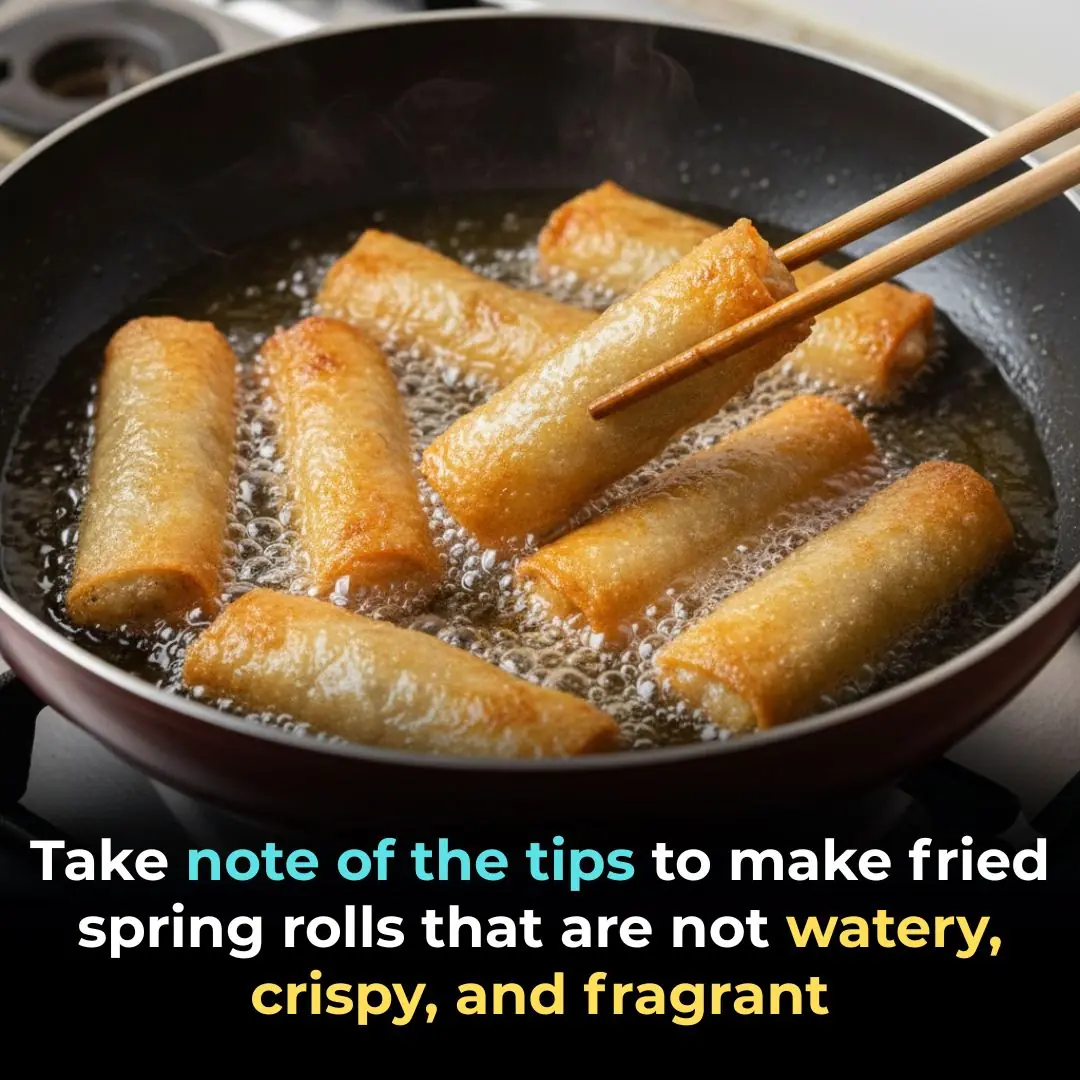
Using Hot Water to Clean a Greasy Pan Sounds Smart — But It’s Actually Doing More Harm Than Good
 Many people believe that using hot water to clean a greasy pan is the fastest and most effective method. After all, hot water melts grease, making it easier to rinse away — or so it seems. But according to plumbing experts and kitchen maintenance professionals, this common habit may be silently damaging both your plumbing system and your cookware.
Many people believe that using hot water to clean a greasy pan is the fastest and most effective method. After all, hot water melts grease, making it easier to rinse away — or so it seems. But according to plumbing experts and kitchen maintenance professionals, this common habit may be silently damaging both your plumbing system and your cookware.
In reality, while hot water can help you feel like your pan is cleaner, it can also lead to long-term problems — from clogged drains to warped pans. Here’s why using hot water to wash oily cookware might not be as smart as you think, and what you should do instead.
Why You Shouldn’t Use Hot Water to Wash Greasy Pans
The main reason experts advise against washing greasy pans with hot water lies in what happens after the grease goes down the drain. When you pour hot water over a greasy pan, the heat liquefies the fats and oils, allowing them to flow easily through the sink at first. However, as the liquid grease travels down your pipes and cools, it begins to solidify again, forming thick layers of fat that stick to the pipe walls.
Over time, this buildup becomes a sticky, waxy mass that traps food particles and other debris — eventually leading to serious clogging in your drainage system. These blockages can be expensive and difficult to fix, often requiring professional plumbing services.
Doyle James, President of Mr. Rooter Plumbing (USA), explains:
“Cold water is actually a better choice when cleaning grease or fat residues off your cookware. It helps keep the grease solid so it can be flushed out without sticking to your pipes.”
Why Cold Water Works Better
Cold water does the opposite of hot water — it helps grease harden instead of melt. When fats remain solid, they’re more likely to be caught by your sponge, paper towel, or sink strainer, rather than coating the inside of your pipes. By washing greasy pans with cold water (and plenty of dish soap), you significantly reduce the risk of future plumbing issues.
However, the best practice is not to let any oil or grease go down the drain at all. Even small amounts can accumulate over time and cause costly plumbing problems. Before washing, wipe away as much grease as possible with paper towels, napkins, or a piece of old cloth and discard it in the trash.
This simple step prevents excess oil from entering your drainage system, helping both your pipes and the environment.
The Hidden Cost of Clogged Drains
A little oil may seem harmless, but it adds up. Over months or years, that residue can cause severe blockages that lead to slow-draining sinks, foul odors, or even burst pipes in extreme cases. Fixing these problems can cost hundreds of dollars — far more than a few minutes of careful cleaning would have saved.
Municipal wastewater systems are also affected. When too much household grease enters public sewage lines, it creates a thick mass known as a “fatberg” — a massive, rock-like buildup of congealed oil and waste that can clog entire sections of the sewer network. Many cities spend millions each year removing these blockages.
Hot Water Can Also Damage Your Pan
Aside from plumbing concerns, using hot or cold water incorrectly can harm your cookware. If you rinse a hot pan immediately under cold water, the sudden temperature change can cause the metal to warp or crack. This thermal shock weakens the pan’s structure and can even damage nonstick coatings, making food cook unevenly in the future.
For the same reason, you should never pour boiling water into a cold pan straight from the fridge — the abrupt contrast in temperature can shorten the lifespan of your cookware significantly.
Better, Safer Ways to Clean Greasy Pans
If your pan is coated with stubborn oil or burnt residue, don’t worry — there are safer and more effective cleaning methods that don’t involve pouring grease down the drain:
-
Use Vinegar and Heat:
Pour a small amount of white vinegar into the pan and bring it to a gentle boil. The acid in the vinegar helps dissolve grease and food residue. Once it cools slightly, wash the pan with dish soap as usual. -
Try Lemon and Salt:
Cut a lemon in half, sprinkle a bit of salt on the cut surface, and use it to scrub the pan gently. The natural acids in lemon help cut through oil, while salt provides mild abrasiveness.
Note: Avoid this method on nonstick pans — the scrubbing motion could damage the coating. -
Use Baking Soda Paste:
Mix baking soda with a bit of water to form a thick paste. Spread it over greasy areas and let it sit for about 20 minutes. Baking soda helps lift oil and neutralize odors. After soaking, scrub with a sponge and rinse clean. -
Absorb First, Wash Later:
For frying pans with a thick layer of oil, use paper towels to absorb as much grease as possible before rinsing. This keeps your drain cleaner and makes washing faster.
The Right Way to Finish
After wiping and washing your pan with cold water and dish soap, rinse thoroughly with warm (not hot) water to remove soap residue. Dry the pan completely with a clean towel before storing it — moisture can cause rust, especially on cast iron or carbon steel pans.
Final Thoughts
It’s easy to assume that hot water equals cleaner dishes, but when it comes to oily cookware, that belief can backfire. Using hot water might make grease disappear for now, but it’s only shifting the problem from your sink to your pipes.
By wiping off excess grease, using cold water and gentle cleaning agents, and adopting smart kitchen habits, you’ll protect your cookware, your plumbing, and your wallet — all at once.
Sometimes, the simplest change in your cleaning routine can make the biggest difference. So next time you’re tempted to pour hot water over that greasy pan, remember: cooler is cleaner — and smarter.
News in the same category


Washing and conditioning hair with beer helps reduce hair loss and stimulates continuous hair growth
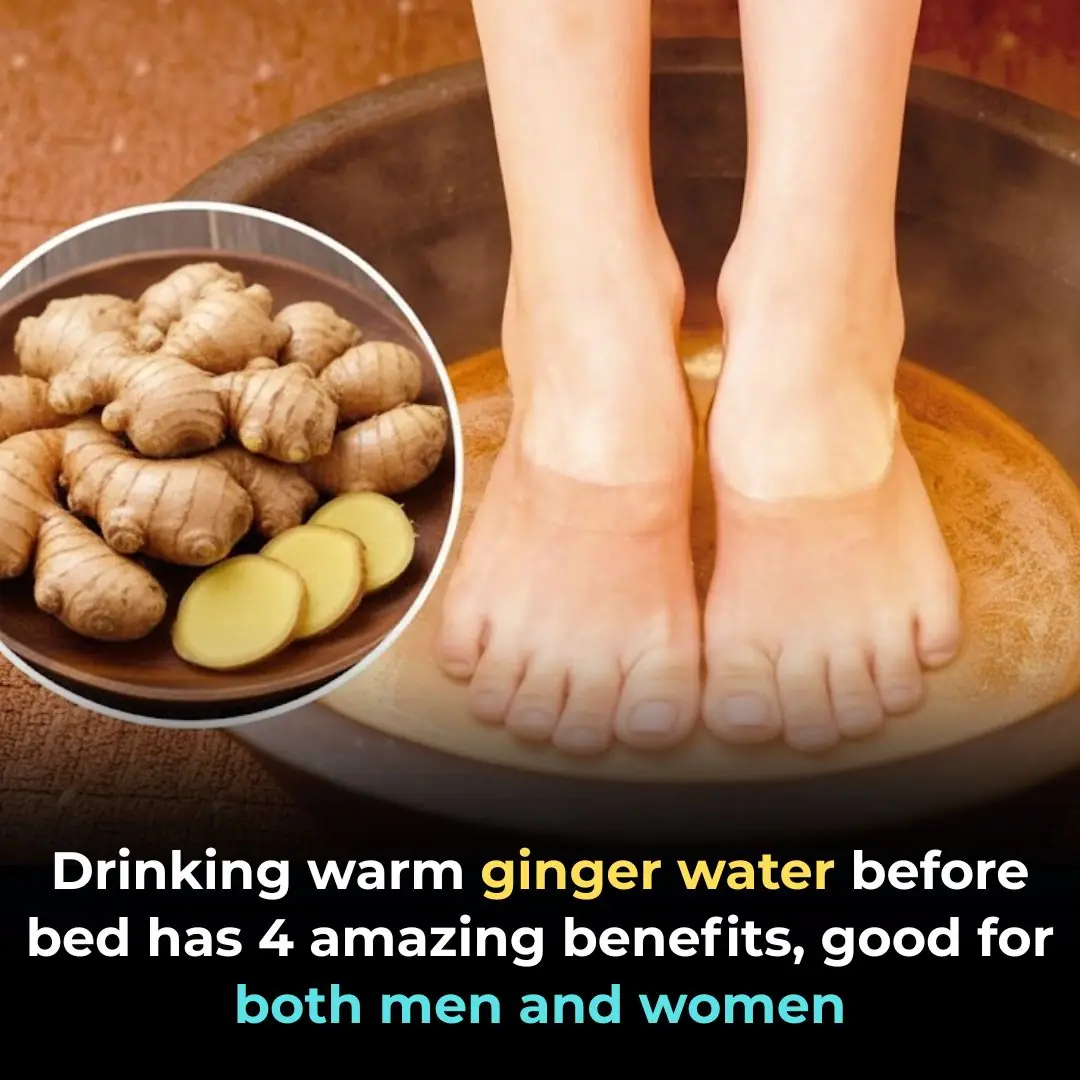
Soak your whole body with warm ginger water before going to bed.
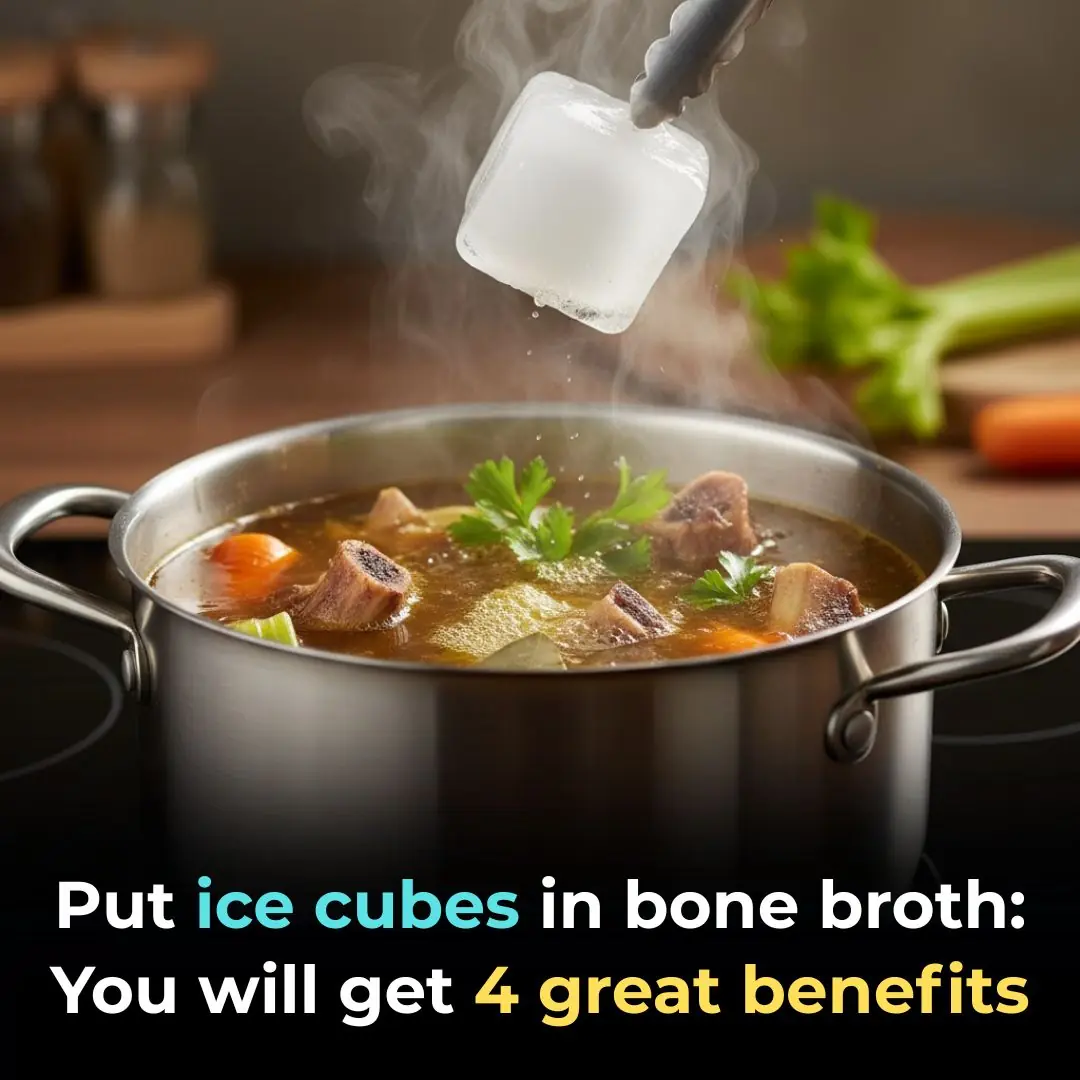
Add ice cubes to the bone broth
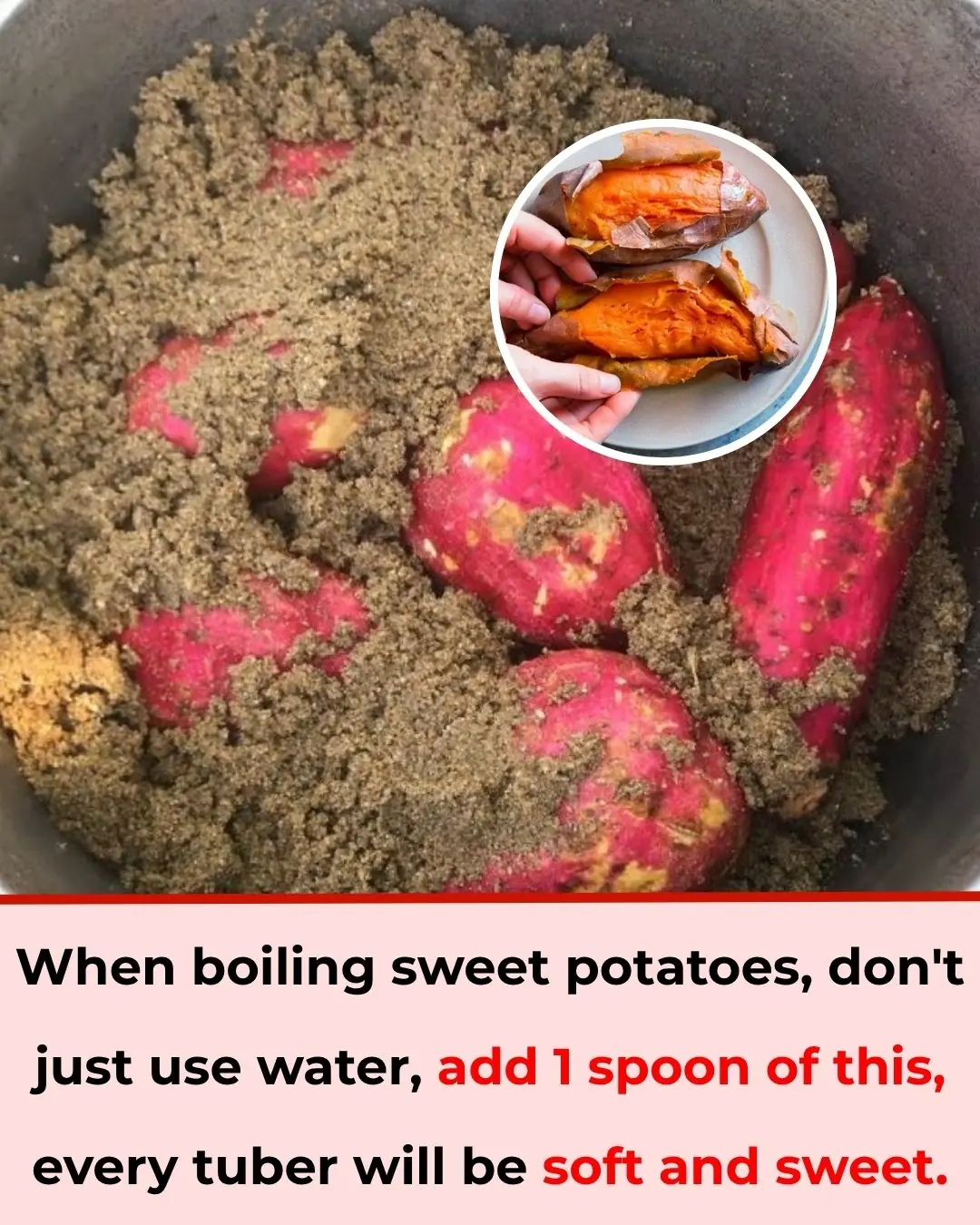
When boiling sweet potatoes, don't just use water, add 1 spoon of this, every tuber will be soft and sweet

Stir-fried beef is tough: Add these 3 steps, the meat will be softer, sweeter, and tastier than in restaurants

Why seniors should keep their socks on even at home
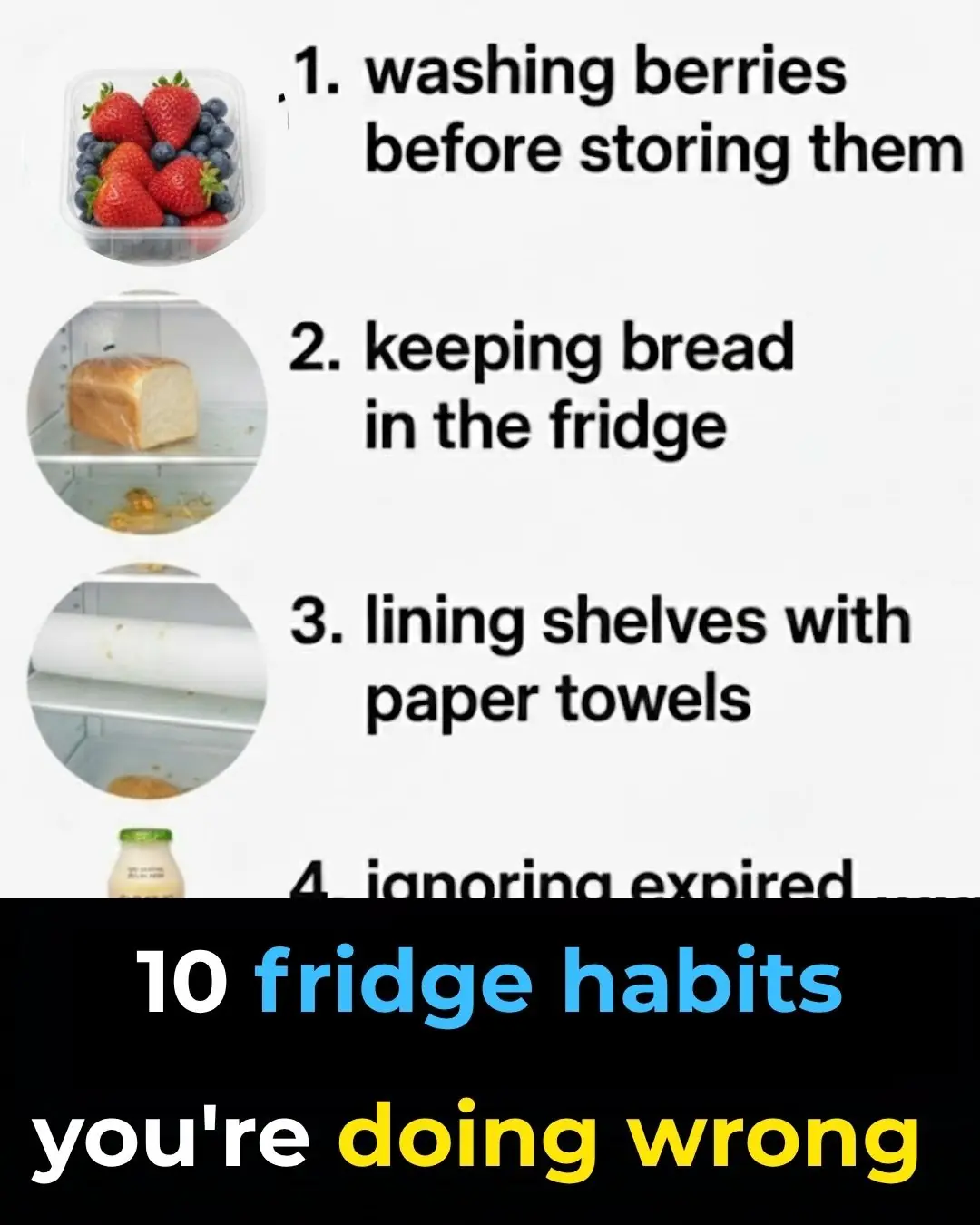
10 fridge habits you’re doing wrong

Stop throwing out old hoses. Here are 10 brilliant hacks to use them around the house
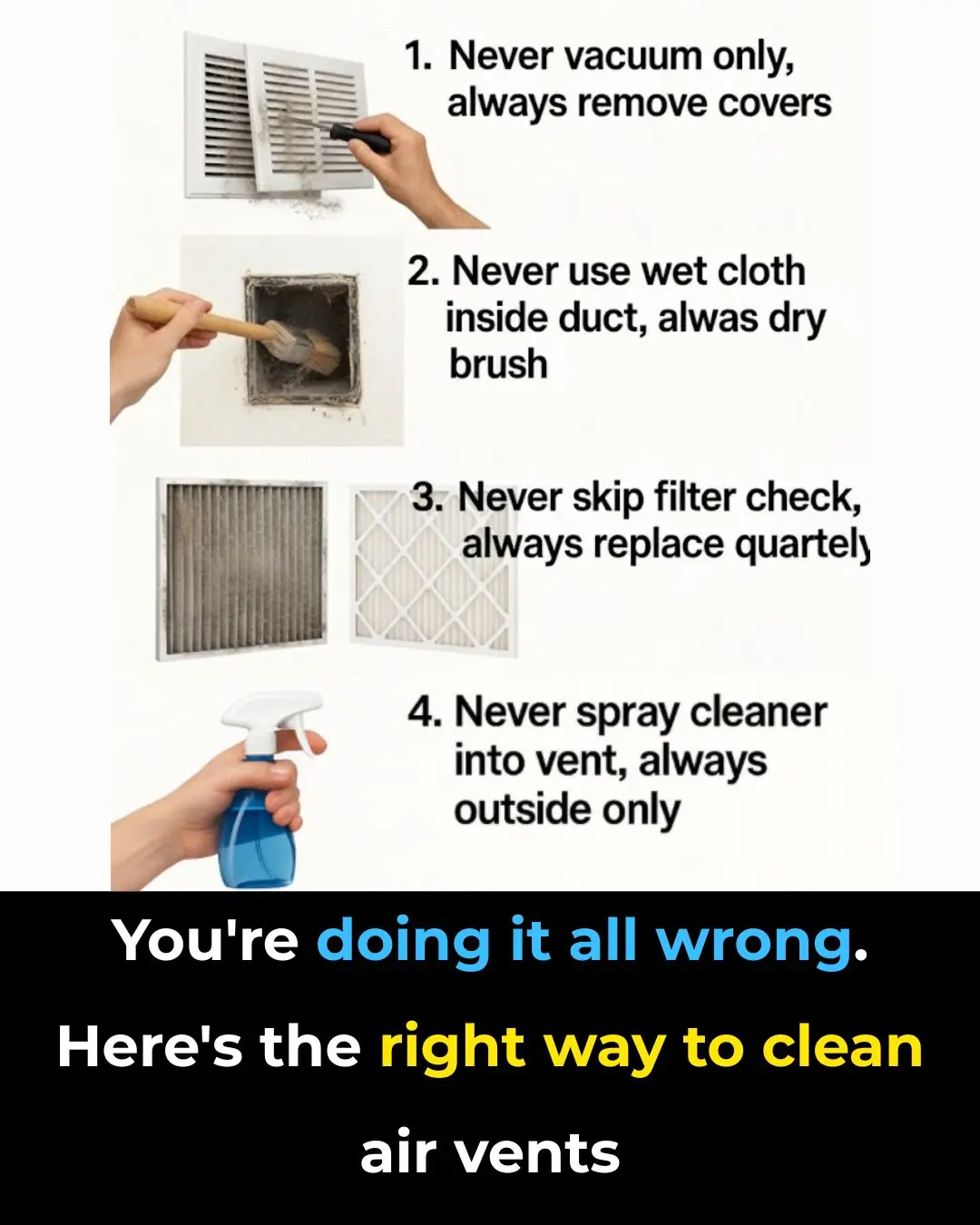
You’re doing it all wrong. Here’s the right way to clean air vents
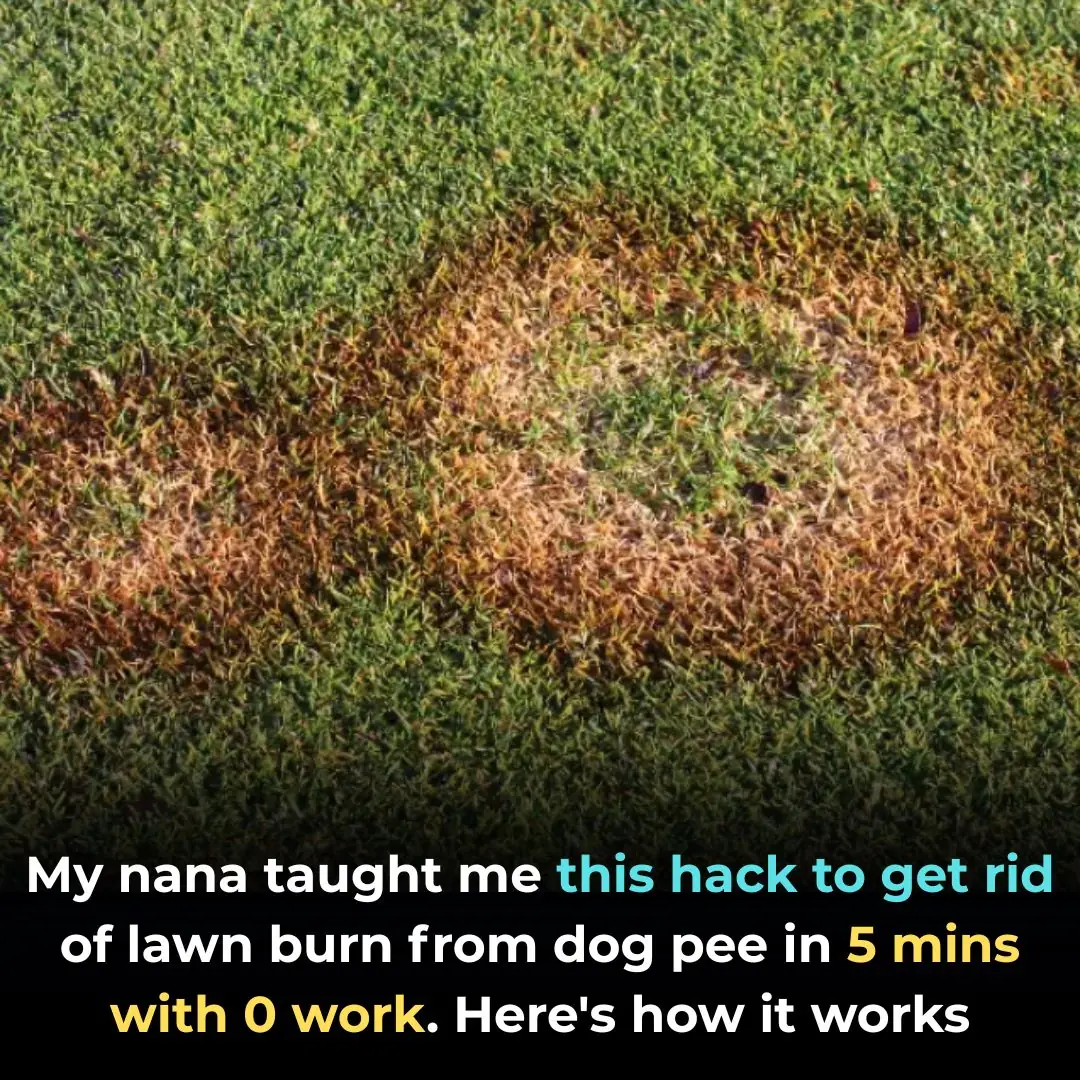
My nana taught me this hack to get rid of lawn burn from dog pee in 5 mins with 0 work. Here’s how it works
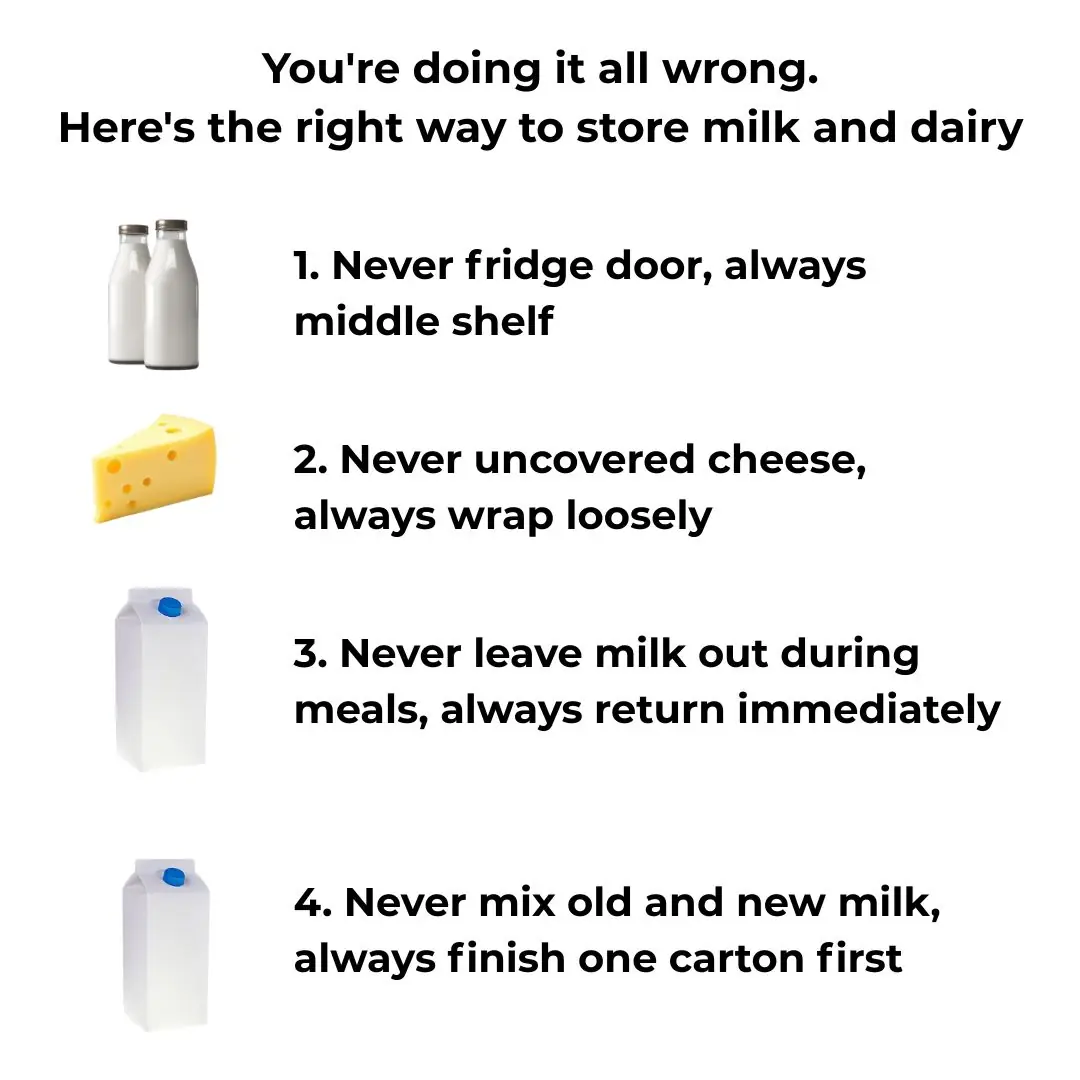
You're doing it all wrong. Here’s the right way to store milk and dairy
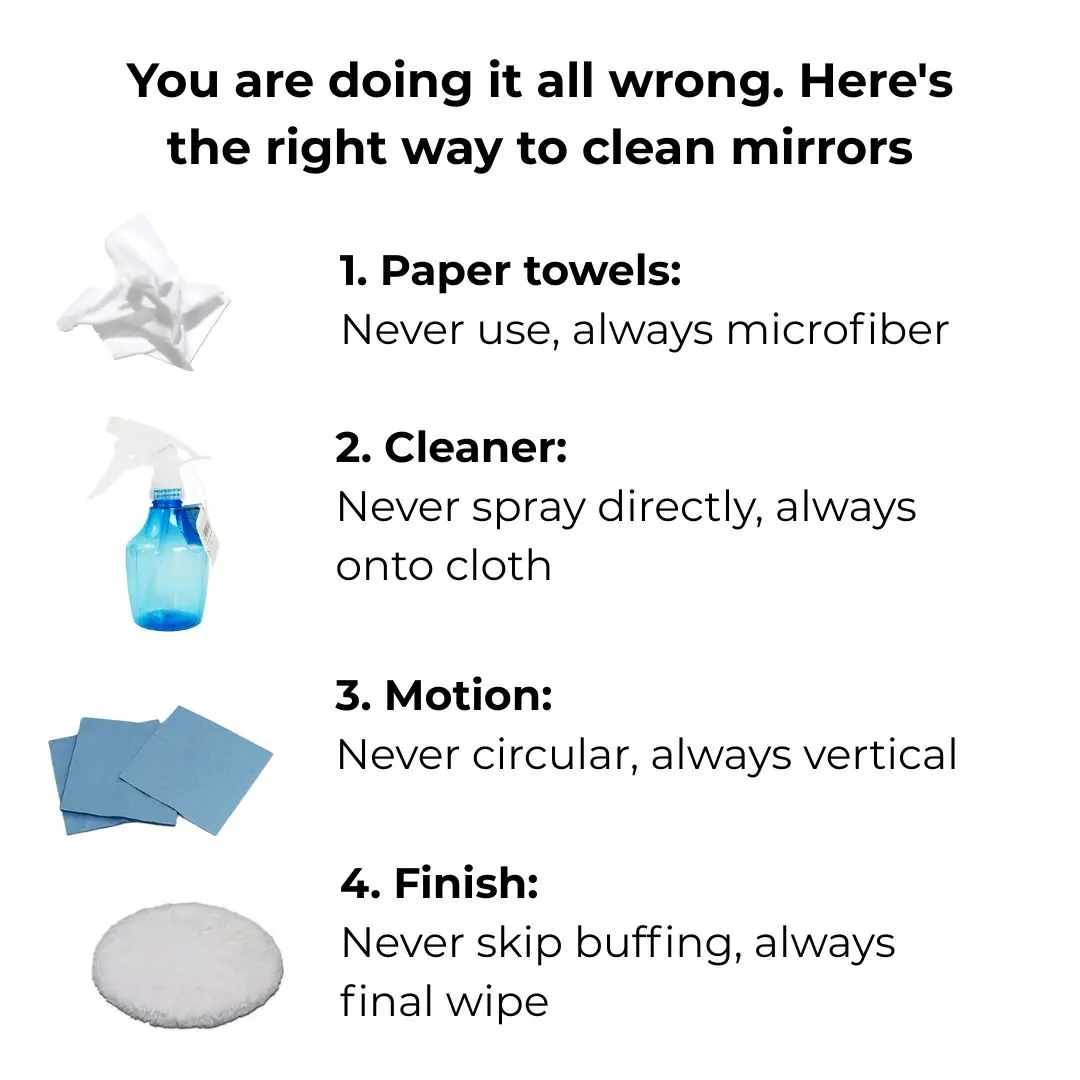
You are doing it all wrong. Here's the right way to clean mirrors
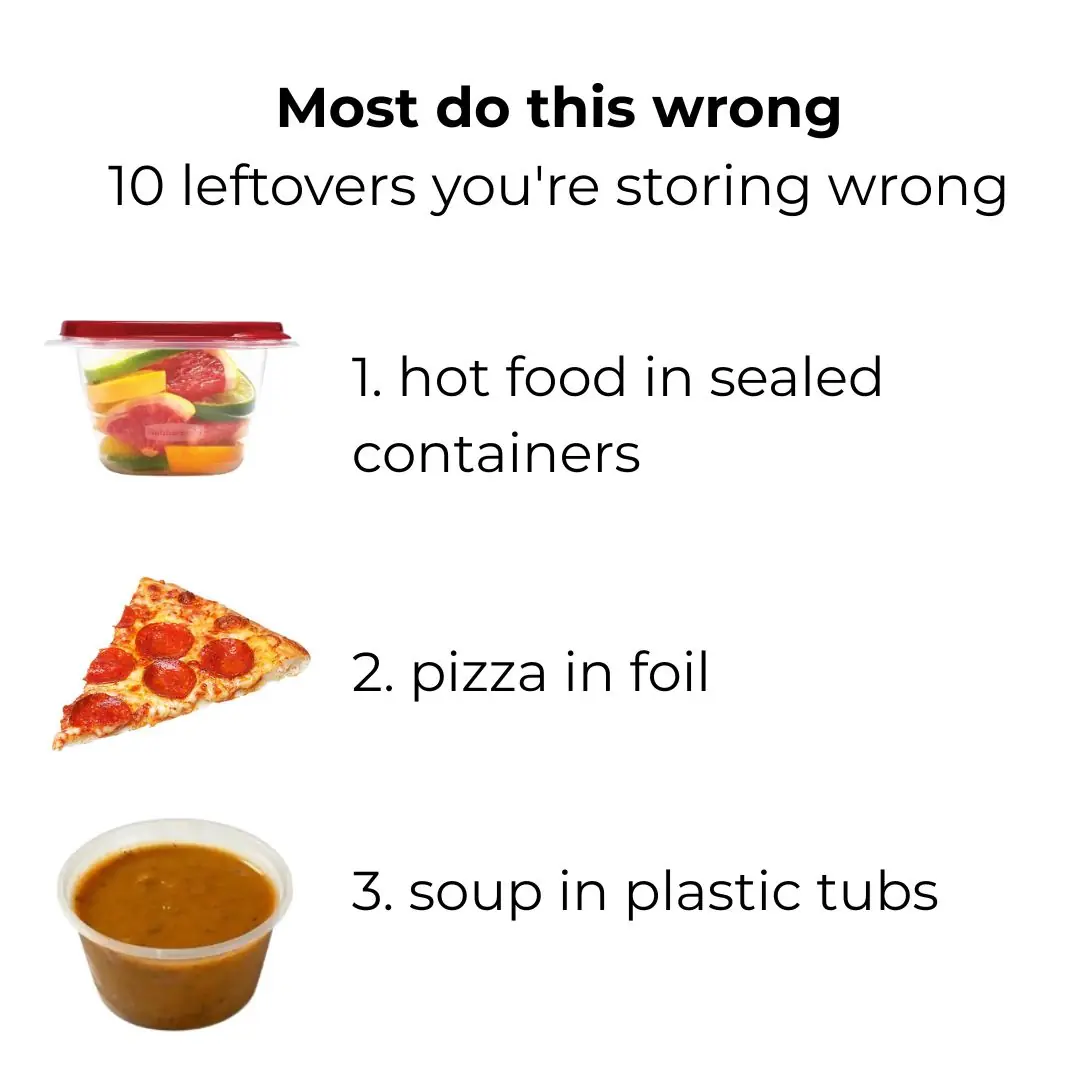
Most do this wrong. 10 leftovers you’re storing wrong
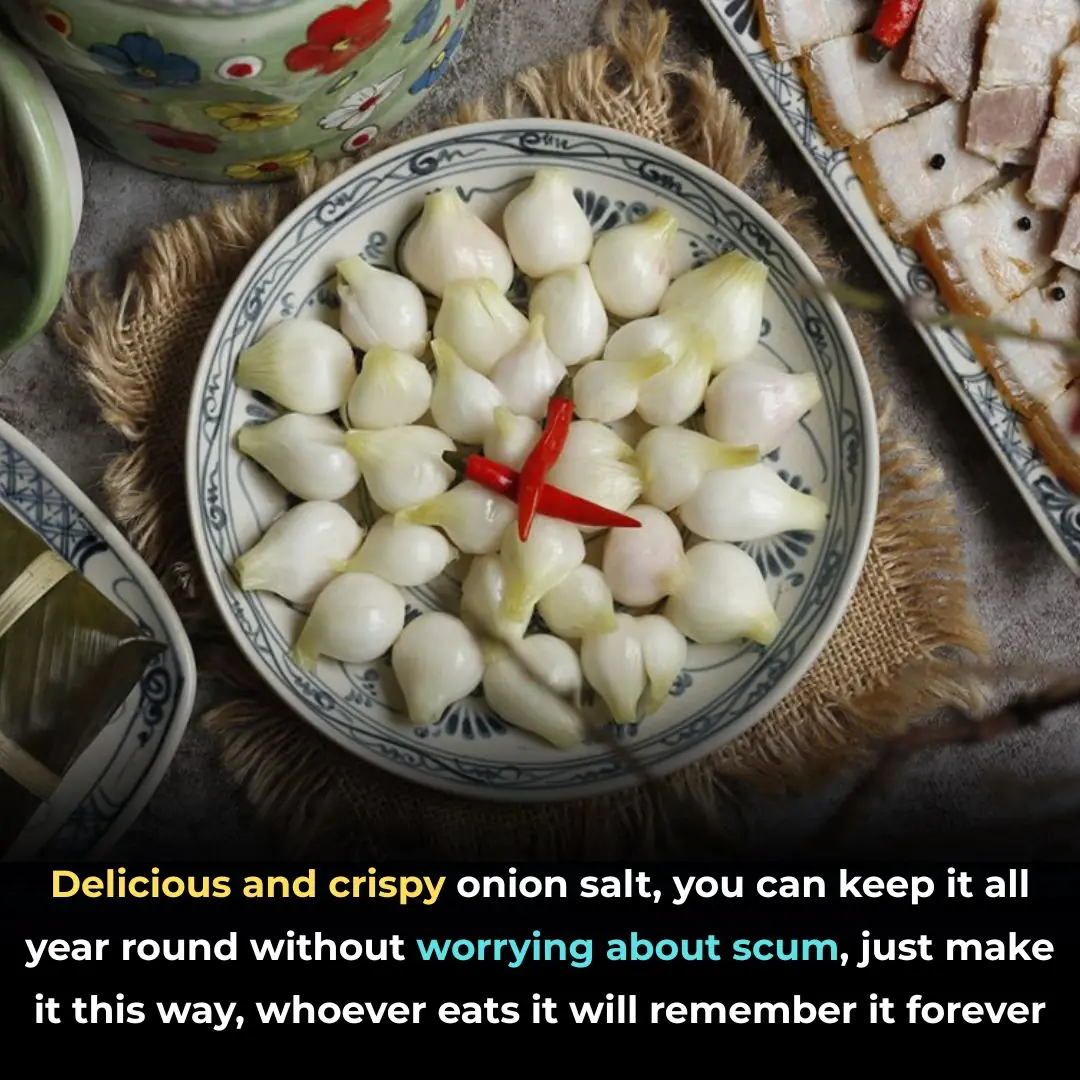
Delicious and crispy onion salt, you can keep it all year round without worrying about scum, just make it this way, whoever eats it will remember it forever
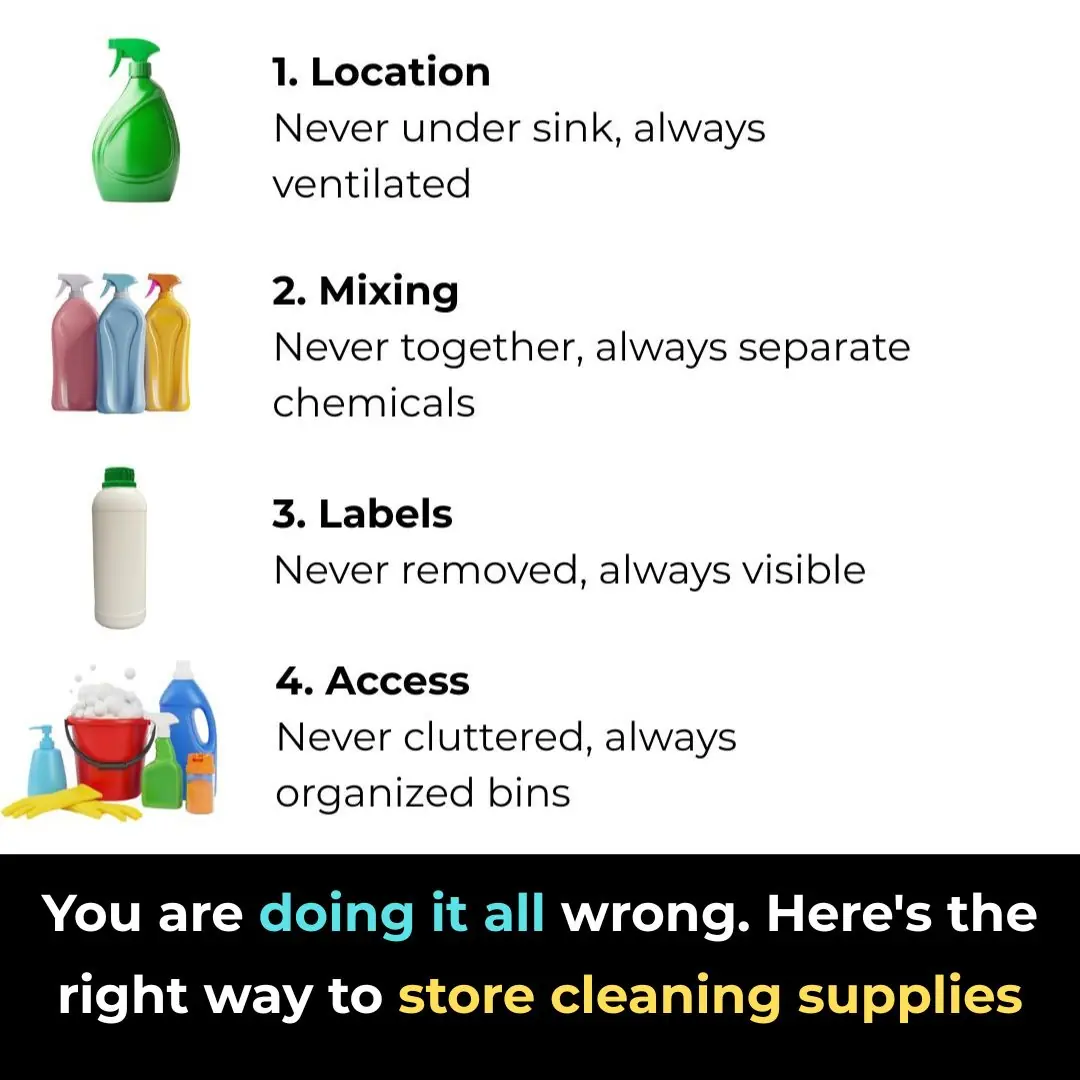
You are doing it all wrong. Here's the right way to store cleaning supplies
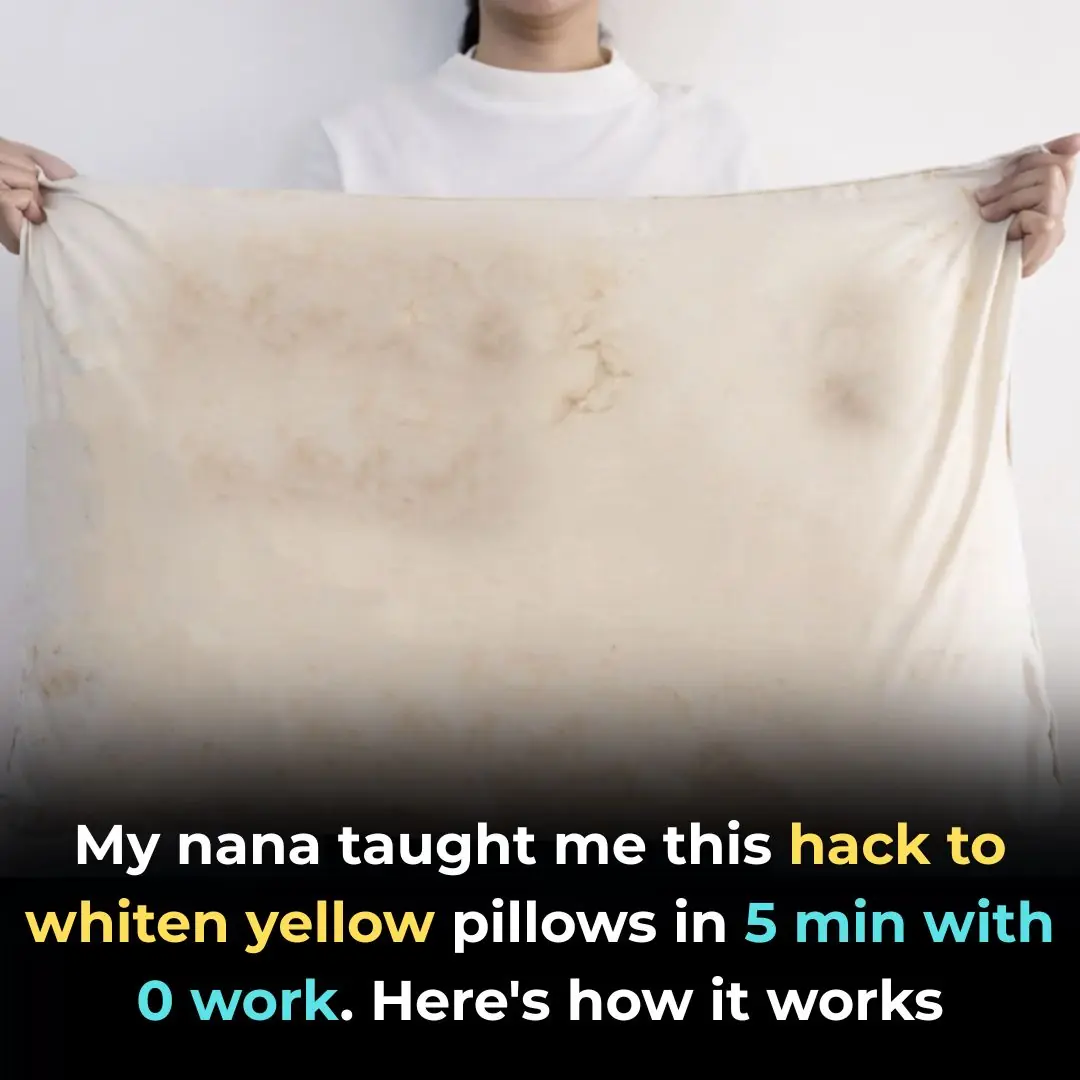
My nana taught me this hack to whiten yellow pillows in 5 mins with 0 work. Here’s how it works

If you see this plant, you are sitting on gold and don't even know it.
News Post
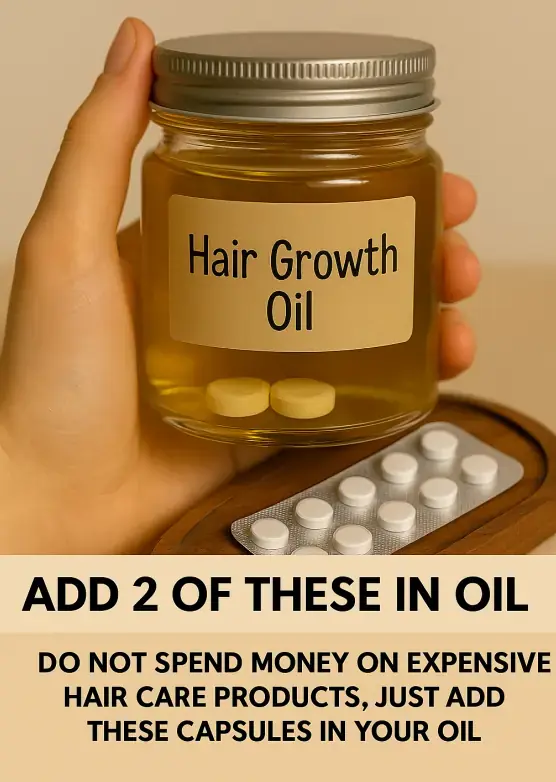
Add these tablets in your oil, no hair fall and fast hair growth
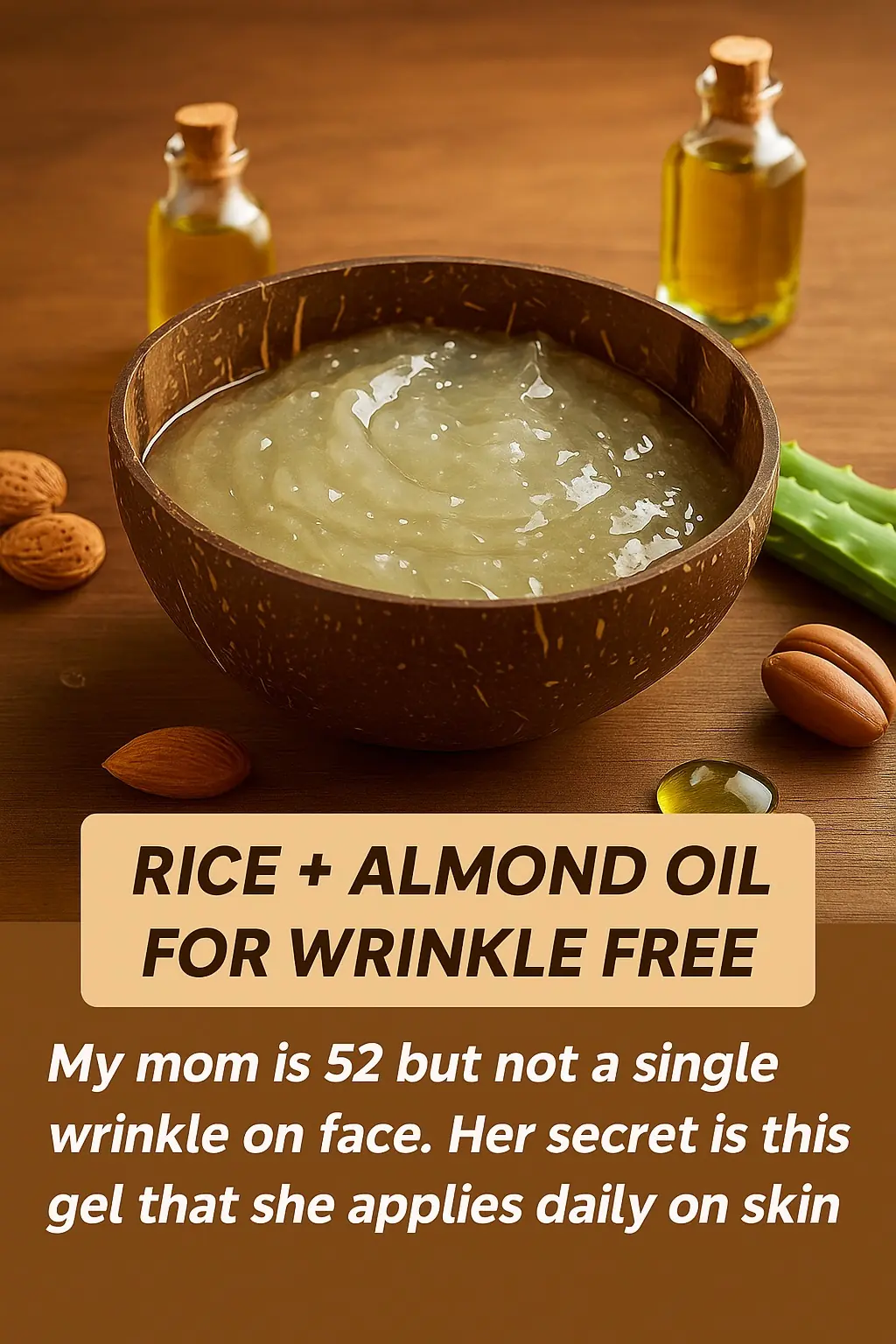
The Natural Anti-Aging Duo: How Rice and Almond Oil Can Help Smooth Wrinkles and Rejuvenate Your Skin

Popular Blood Pressure Drug Linked To Increased Risk of Skin And Lip Cancer

When making spring roll filling, remember 1 step carefully

Washing and conditioning hair with beer helps reduce hair loss and stimulates continuous hair growth

Soak your whole body with warm ginger water before going to bed.
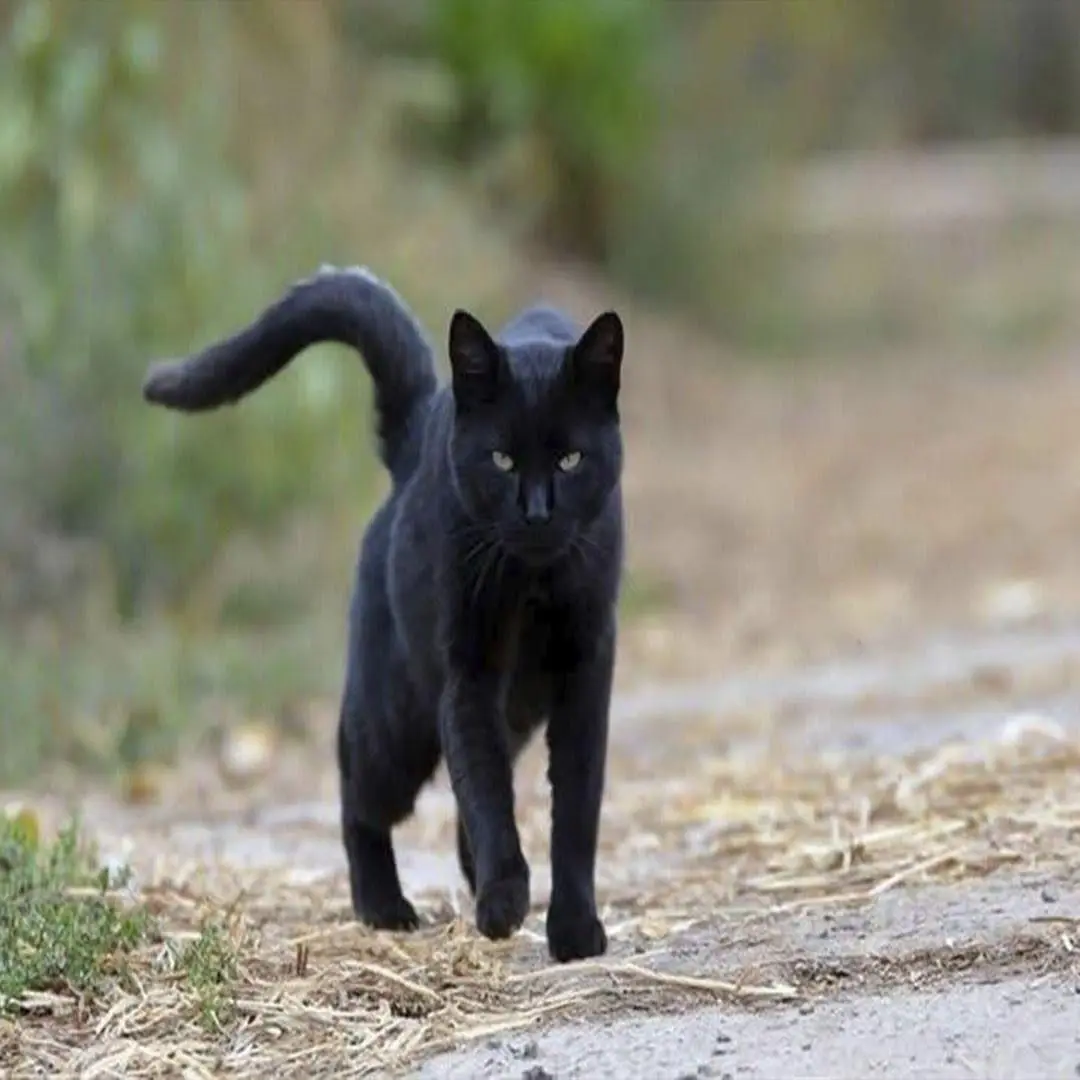
Discover the Meaning of a Black Cat Approaching You

Add ice cubes to the bone broth

11 Benefits of Dandelion Roots
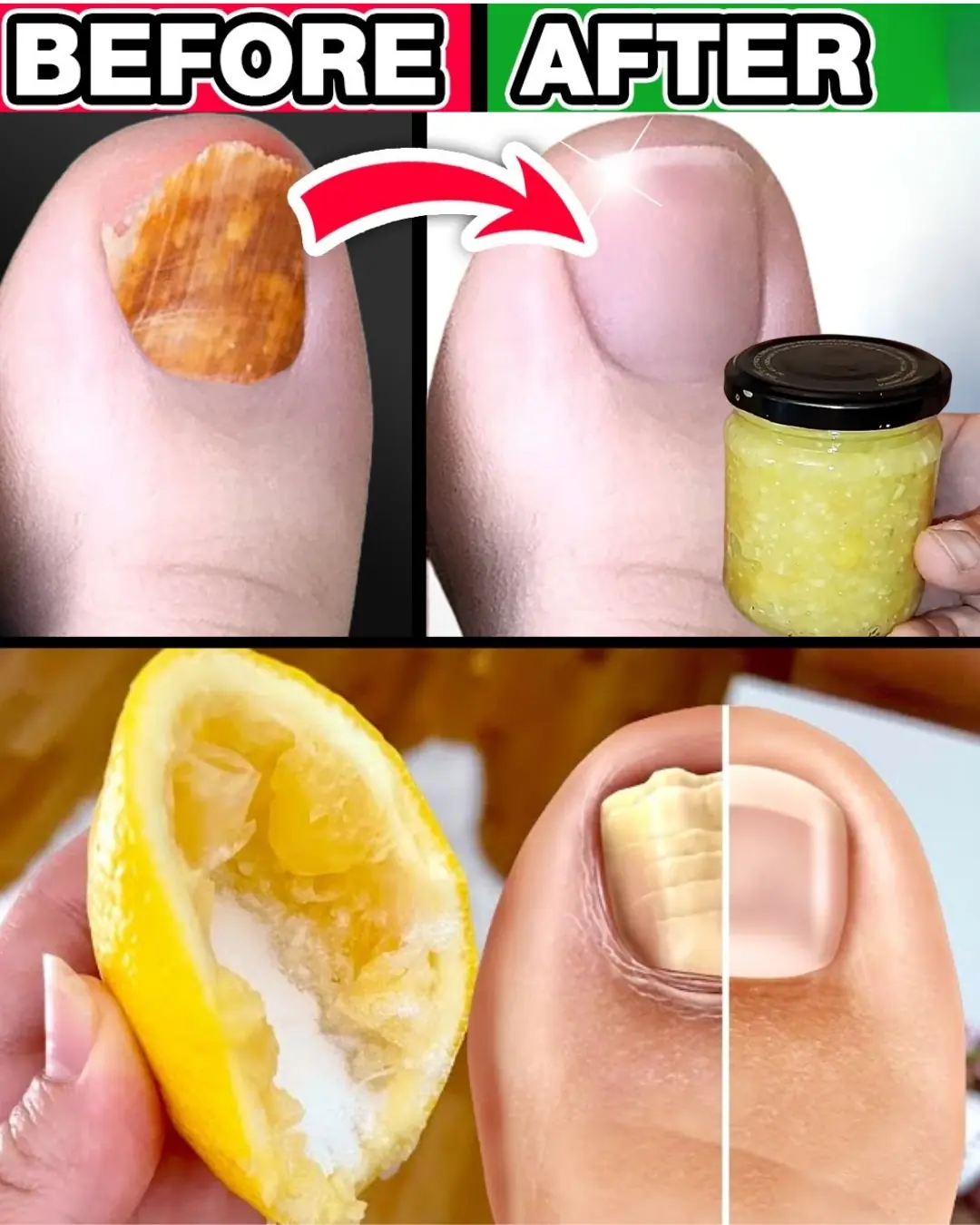
#1 Absolute Best Toenail Fungus Cure You Can Make at Home with Just 3 Ingredients
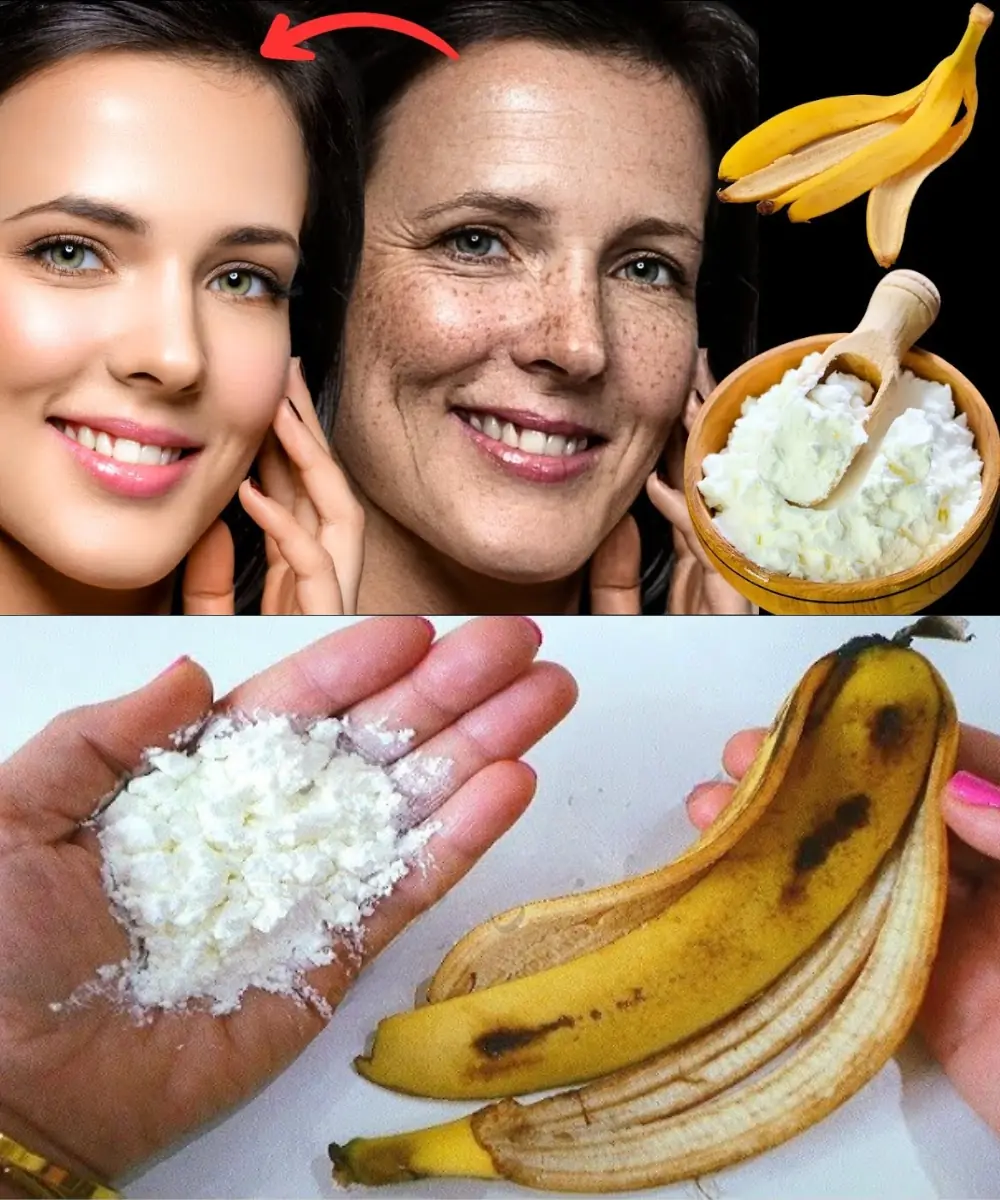
Banana Peel & Cornstarch: A Natural Skin Hack That Could Help You Look Younger
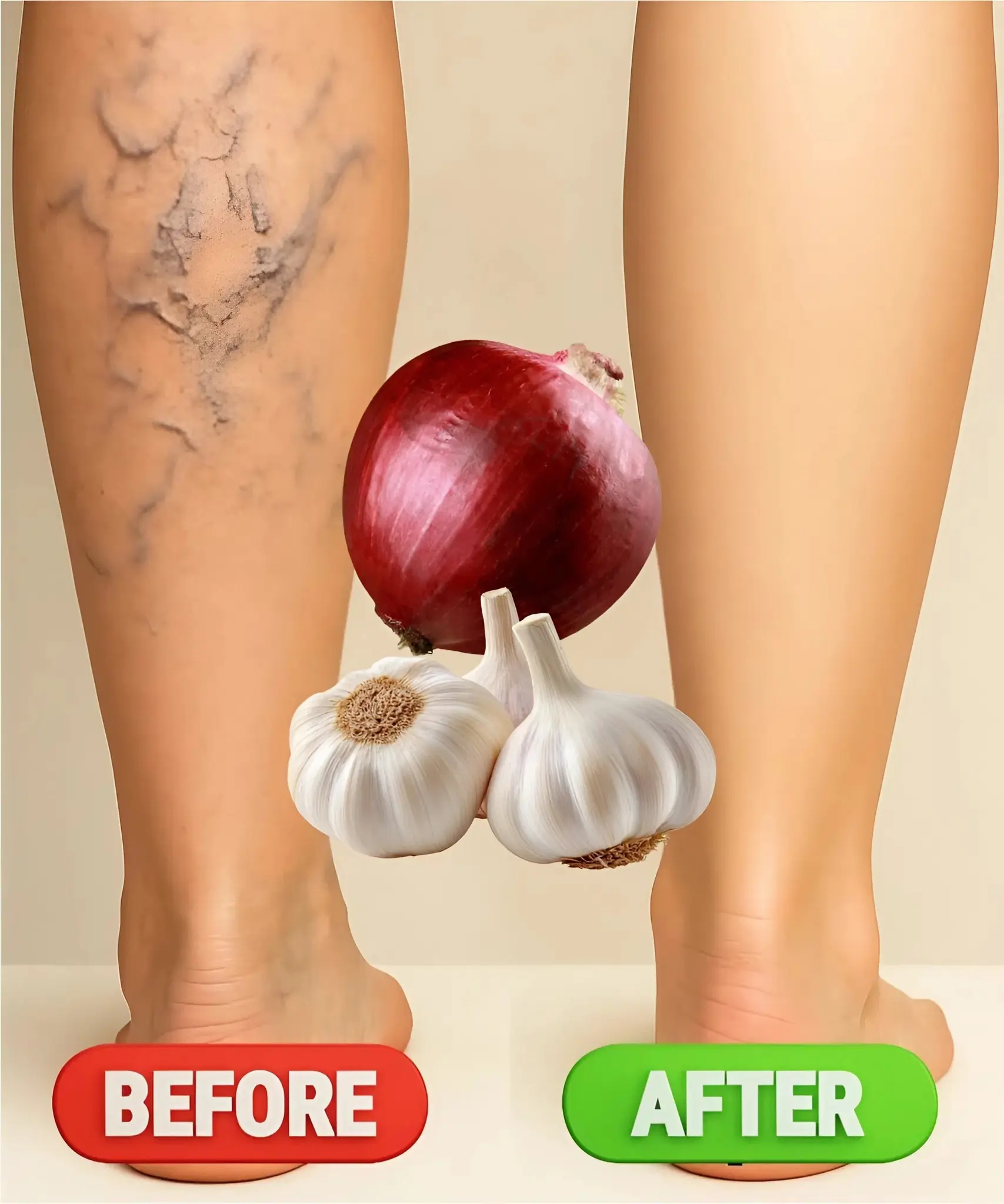
Homemade Remedies for Varicose Veins with Onion, Garlic, and Apple Cider Vinegar

Crema Casera con Vaselina que Rejuvenece la Piel al Instante
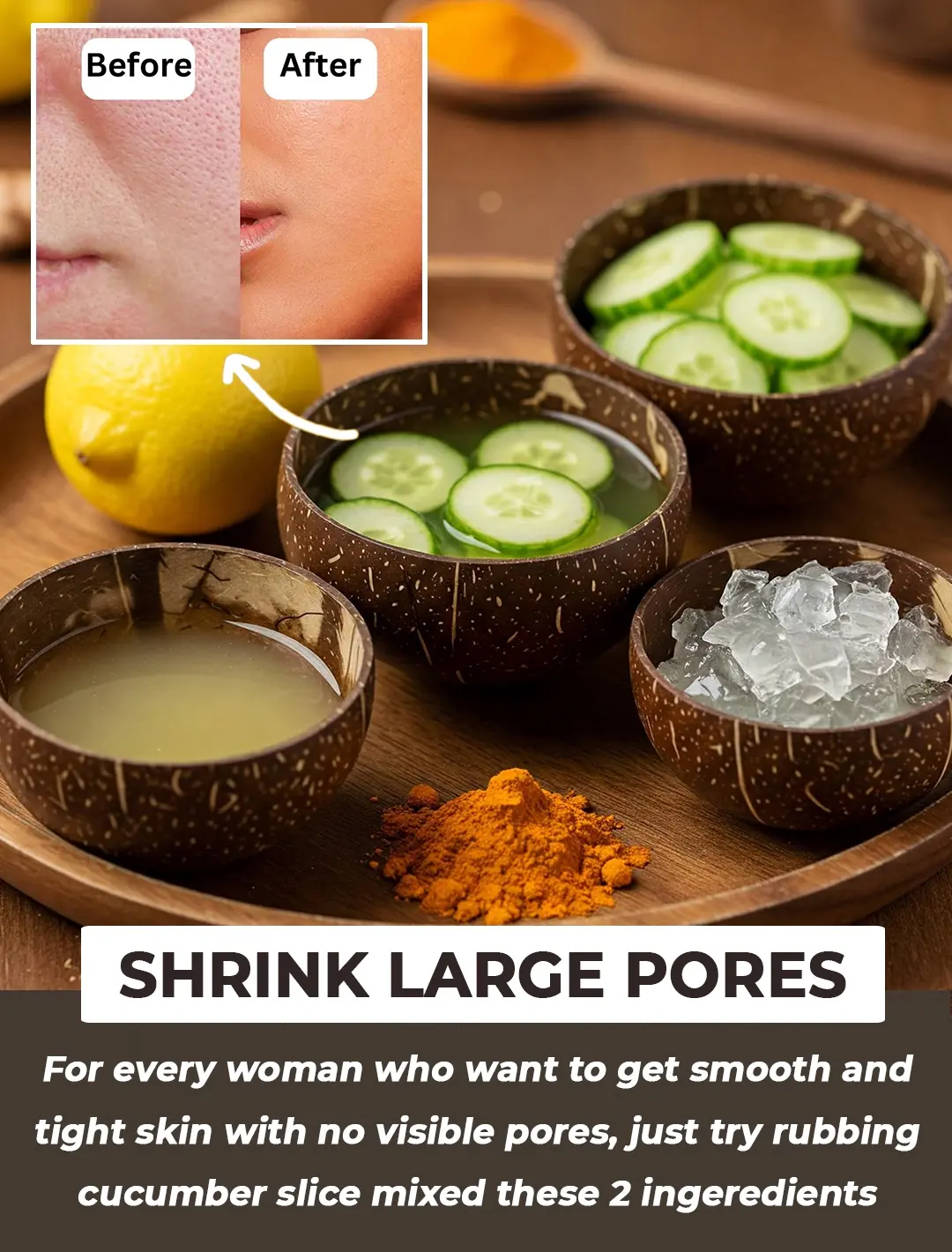
Top 5 Natural Remedies to Shrink Enlarged Pores and Achieve Smooth Skin
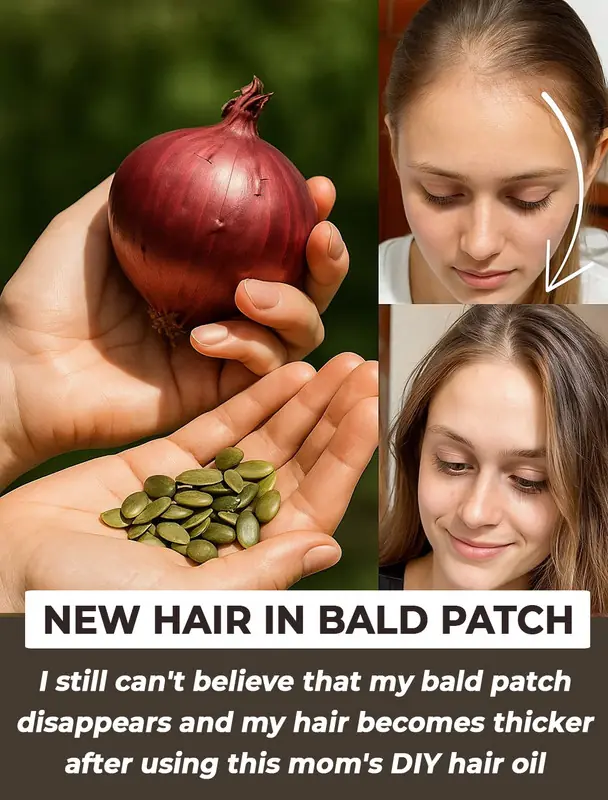
DIY Onion Sunflower Seed Oil: Get New Hair In Bald Patches

Homemade Carrot Oil for Glowing Skin: A Natural Solution for Dark Spots, Wrinkles & Anti-Aging
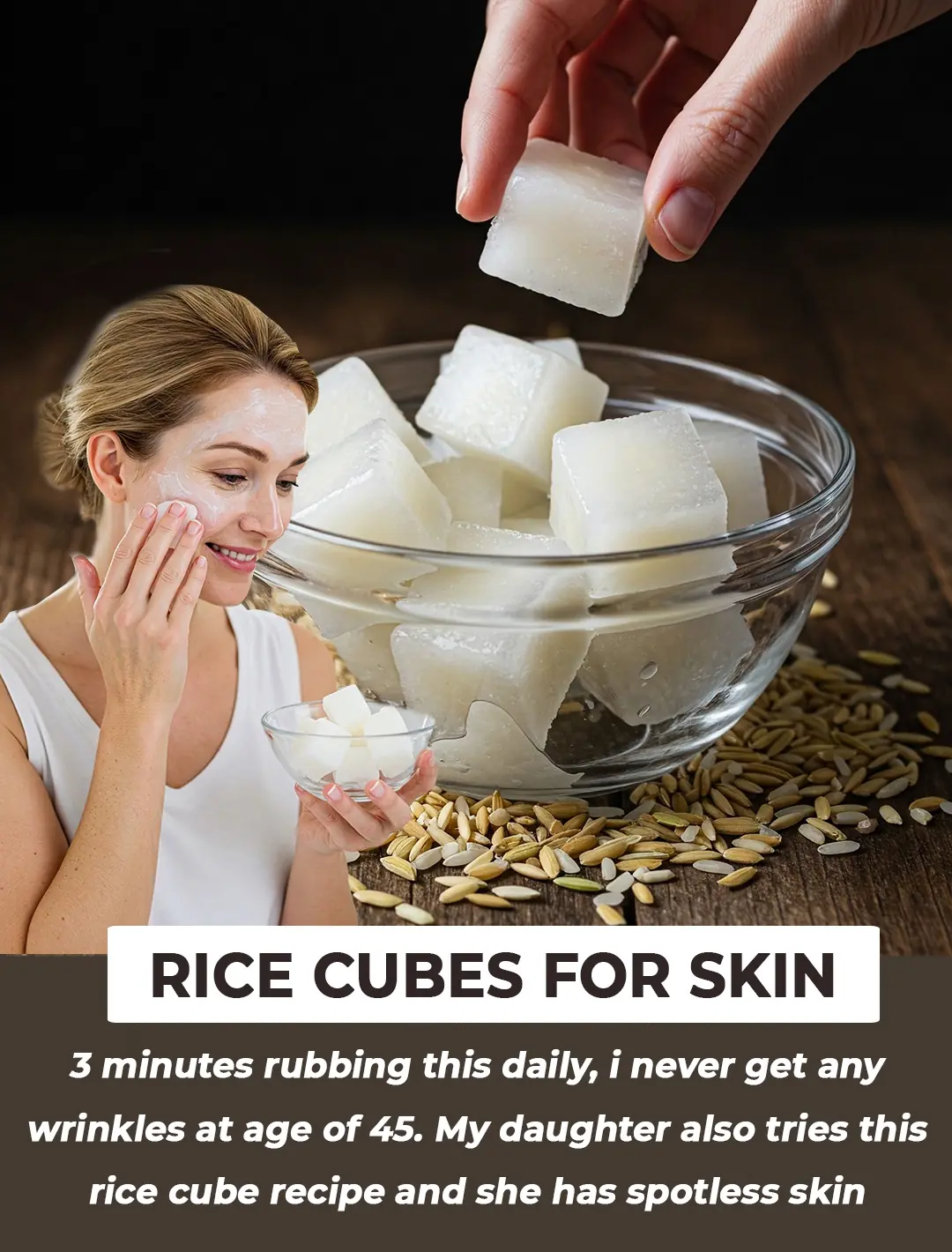
Glow Ice: Rice Water Cubes to Shrink Pores and Get Clear, Radiant Skin

The Body’s Intuition: Signs of an Impending End

When boiling sweet potatoes, don't just use water, add 1 spoon of this, every tuber will be soft and sweet
